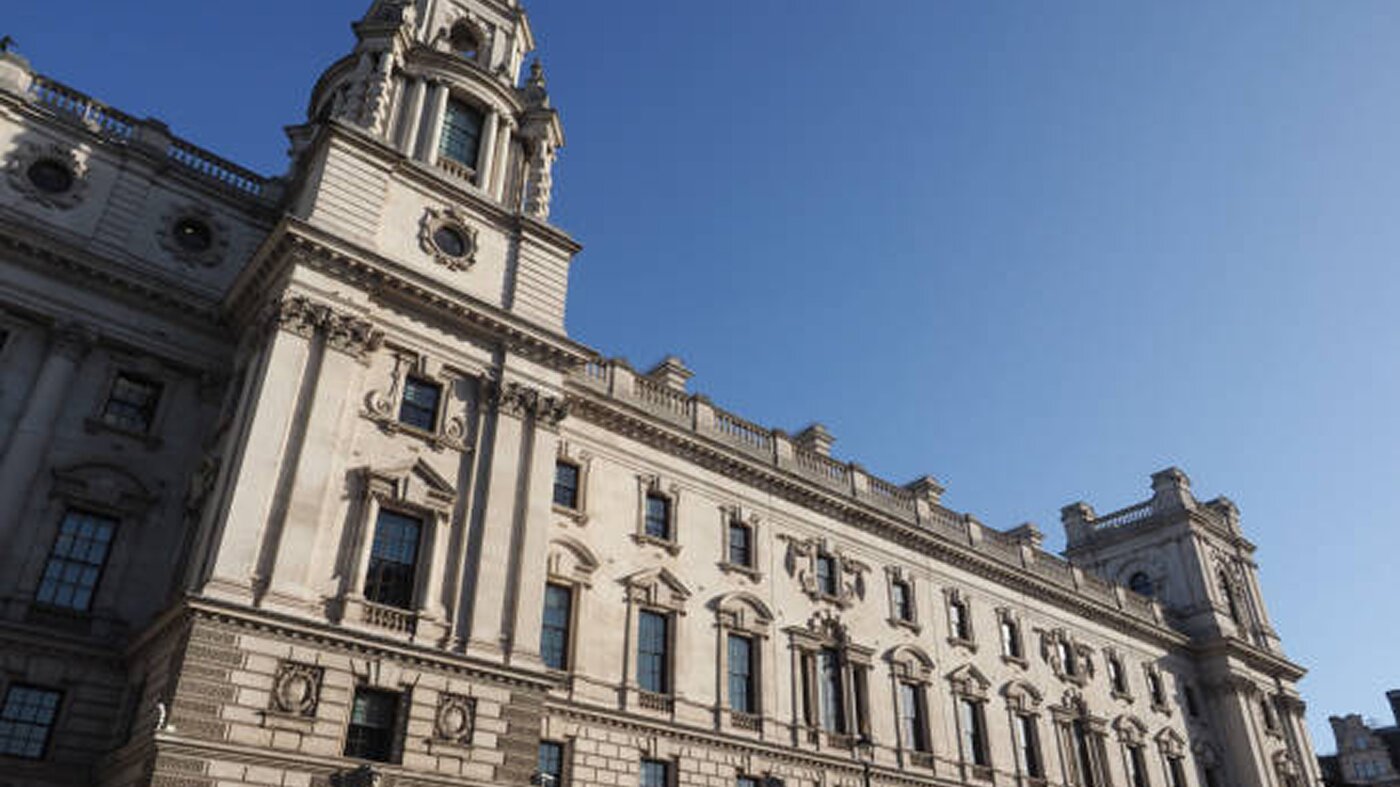Chancellor Rachel Reeves is under pressure after admitting she may extend the freeze on income tax thresholds, a move that could see 170,000 Londoners pay more tax by the end of the decade. Research commissioned by the Liberal Democrats shows tens of thousands of lower earners could be dragged into paying tax for the first time, while middle-income workers risk being pushed into higher rates.
Reeves said “the world has changed” since she ruled out such a policy last year, citing global instability and economic pressures. Critics describe the freeze as a “stealth tax” that will squeeze working families already facing high living costs in the capital.
Reeves Backtracks on Tax Pledge
At Labour’s annual conference, Chancellor Rachel Reeves acknowledged she no longer stands by her 2024 commitment not to raise taxes. She explained that unforeseen global events and economic challenges have forced the government to rethink revenue plans ahead of the November Budget.
She told the BBC: “Look, I think everyone can see in the last year that the world has changed, and we’re not immune to that change.”
170,000 Londoners to Be Affected
According to Liberal Democrat research, the freeze could push 60,000 low earners into the basic rate of 20p, while tens of thousands more would move into the 40p higher rate. By 2029/30, the average higher-rate taxpayer in London would pay £350 more each year.
Bobby Dean, Lib Dem MP for Carshalton and Wallington, criticised the plan, calling it “catastrophic for working families across the Capital” and accusing Labour of following “the Conservatives’ playbook.”
The Rise of Fiscal Drag
The policy, known as fiscal drag, keeps income tax thresholds fixed while wages rise, meaning more people are pulled into higher tax brackets without any official rise in rates. Experts argue this is effectively a stealth tax that raises billions for the Treasury while avoiding direct increases in headline rates.
More than 500,000 taxpayers nationwide have already been dragged into the 40p bracket since the freeze was first introduced by Rishi Sunak in 2021.
History of the Threshold Freeze
The personal allowance and higher-rate threshold were frozen in 2021 until 2026 by Sunak, then extended until 2028 by Jeremy Hunt. Reeves originally promised to lift the freeze by 2028–29, saying last year that extending it “would hurt working people.”
Her refusal to repeat that promise this week has fuelled speculation that extending the freeze could be central to her Budget strategy.
Political and Public Backlash
Critics argue that freezing thresholds disproportionately impacts households in London and the South East, where wages are higher but living costs are also more severe.
Dean added: “Housing and living costs in our city are through the roof. Yet now, 170,000 Londoners risk having their earnings ripped from their pockets at a time where every penny counts.”
Reeves Defends Position
Despite criticism, Reeves maintains that speculation around tax rises is premature. She told reporters: “There are a lot of people who claim to know what is going to be in my Budget. They don’t. A lot of them are talking rubbish, and frankly, a lot of it is very irresponsible.”
She also hinted that VAT is unlikely to rise, leaving threshold freezes as one of the few available options to raise significant funds without breaking Labour’s manifesto pledge not to raise income tax, National Insurance or VAT rates directly.
The debate over income tax thresholds is shaping up to be one of the most contentious issues in Rachel Reeves’ upcoming Budget. While the Chancellor has stopped short of confirming an extension, her refusal to rule it out has left 170,000 Londoners braced for higher bills.
Supporters argue the measure is a necessary tool to raise revenue in tough economic times, but critics warn it risks hammering already struggling households in the capital. With the Budget due on November 26, Londoners will be watching closely to see if Reeves doubles down on fiscal drag or opts for alternative measures to close the funding gap.
In the meantime, Pie the UK’s first personal tax app is helping individuals track real-time tax figures, simplify returns, and prepare for potential changes in thresholds before they take effect.











